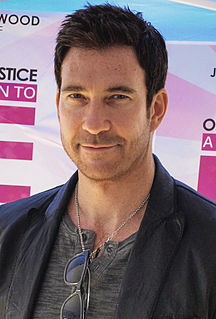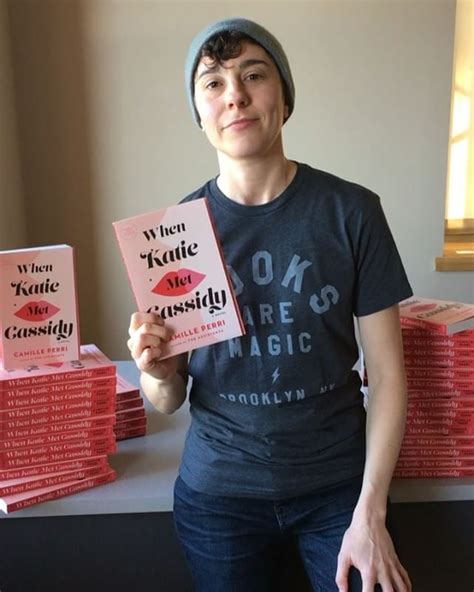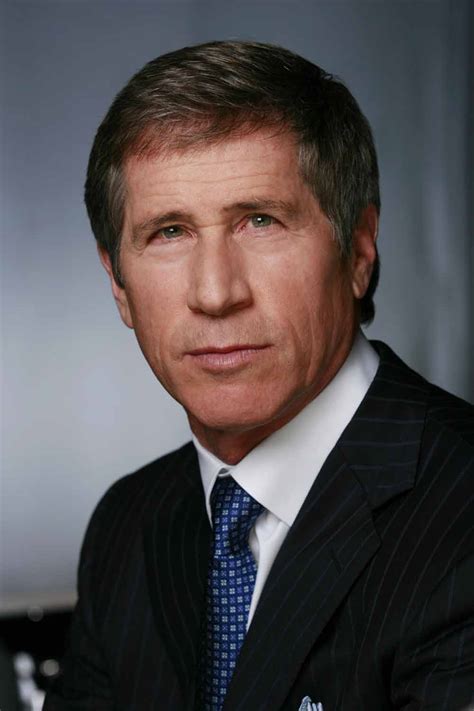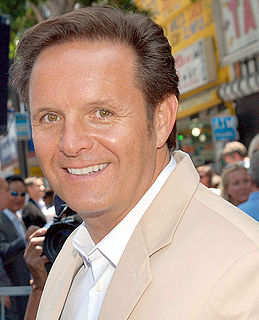A Quote by Patrisse Cullors
Because of network neutrality rules, activists can turn to the Internet to bypass the discrimination of mainstream cable, broadcast, and print outlets as we organize for change.
Related Quotes
We have to ensure free and open exchange of information. That starts with an open internet. I will take a backseat to no one in my commitment to network neutrality. Because once providers start to privilege some applications or websites over others then the smaller voices get squeezed out and we all lose. The internet is perhaps the most open network in history, and we have to keep it that way.
I'm not really sure what I'd like to see people doing more of online, but what I'd like to see less of is the warning signs that not ratifying net neutrality is gonna cause two separate nets: one that the big dogs can afford to be on and the other a ghetto internet that no one goes on. Think FM vs AM radio, or cable vs broadcast TV.
You will never ever, in any circumstance, win any struggle at any time. That being said, we have a long way to go. At the moment, the battle over network neutrality is not to completely eliminate the telephone and cable companies. We are not at that point yet. But the ultimate goal is to get rid of the media capitalists in the phone and cable companies and to divest them from control.

































